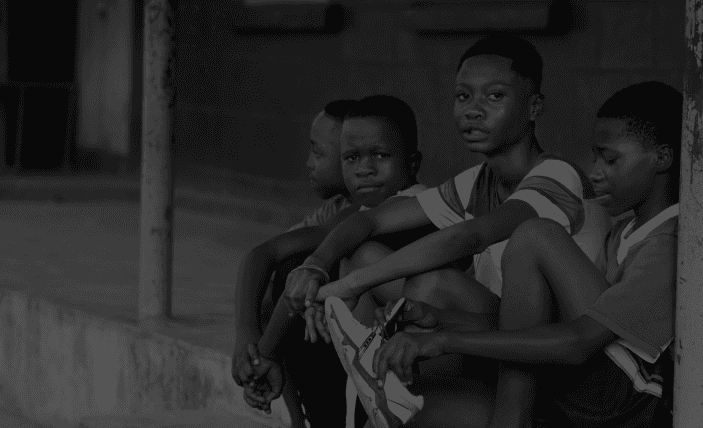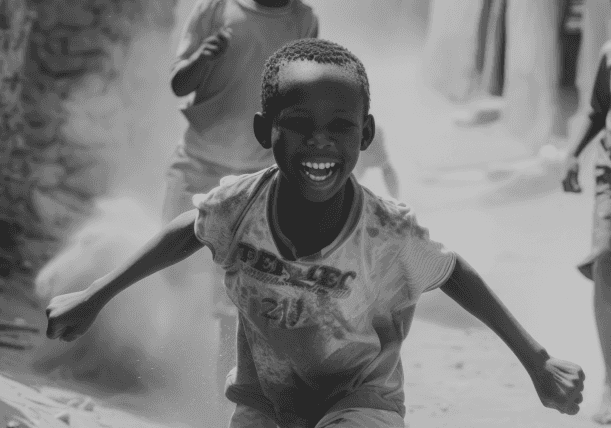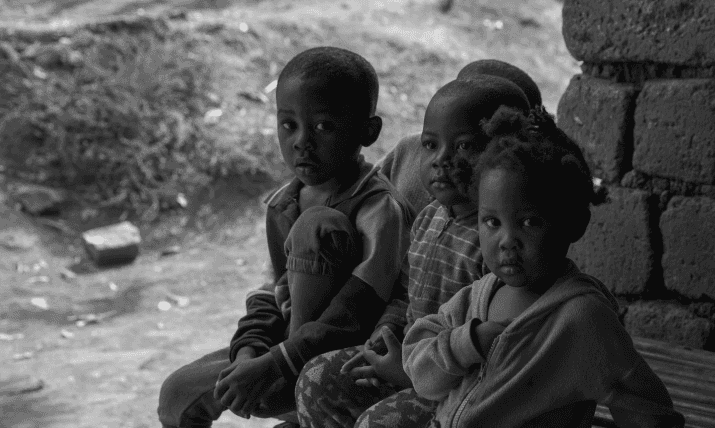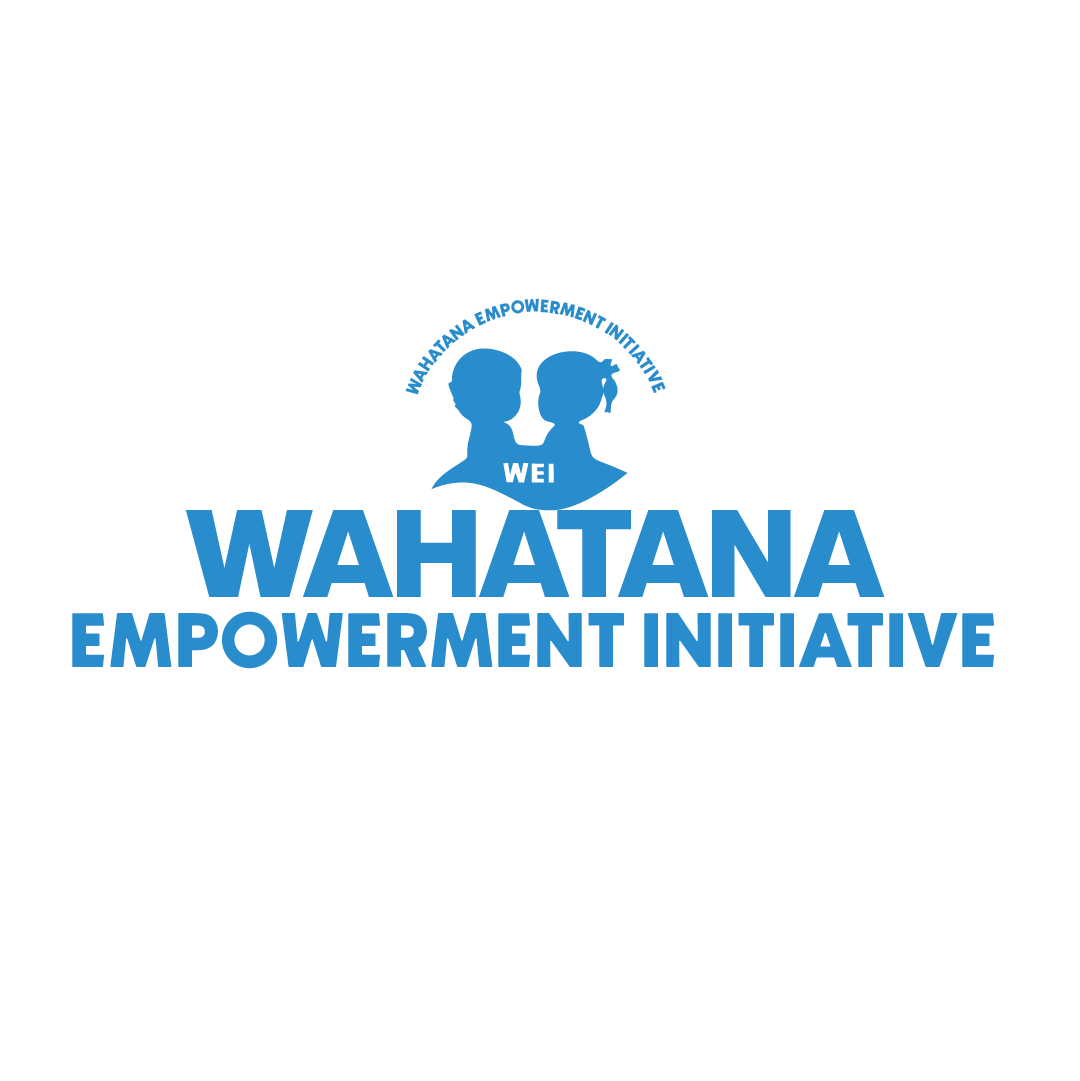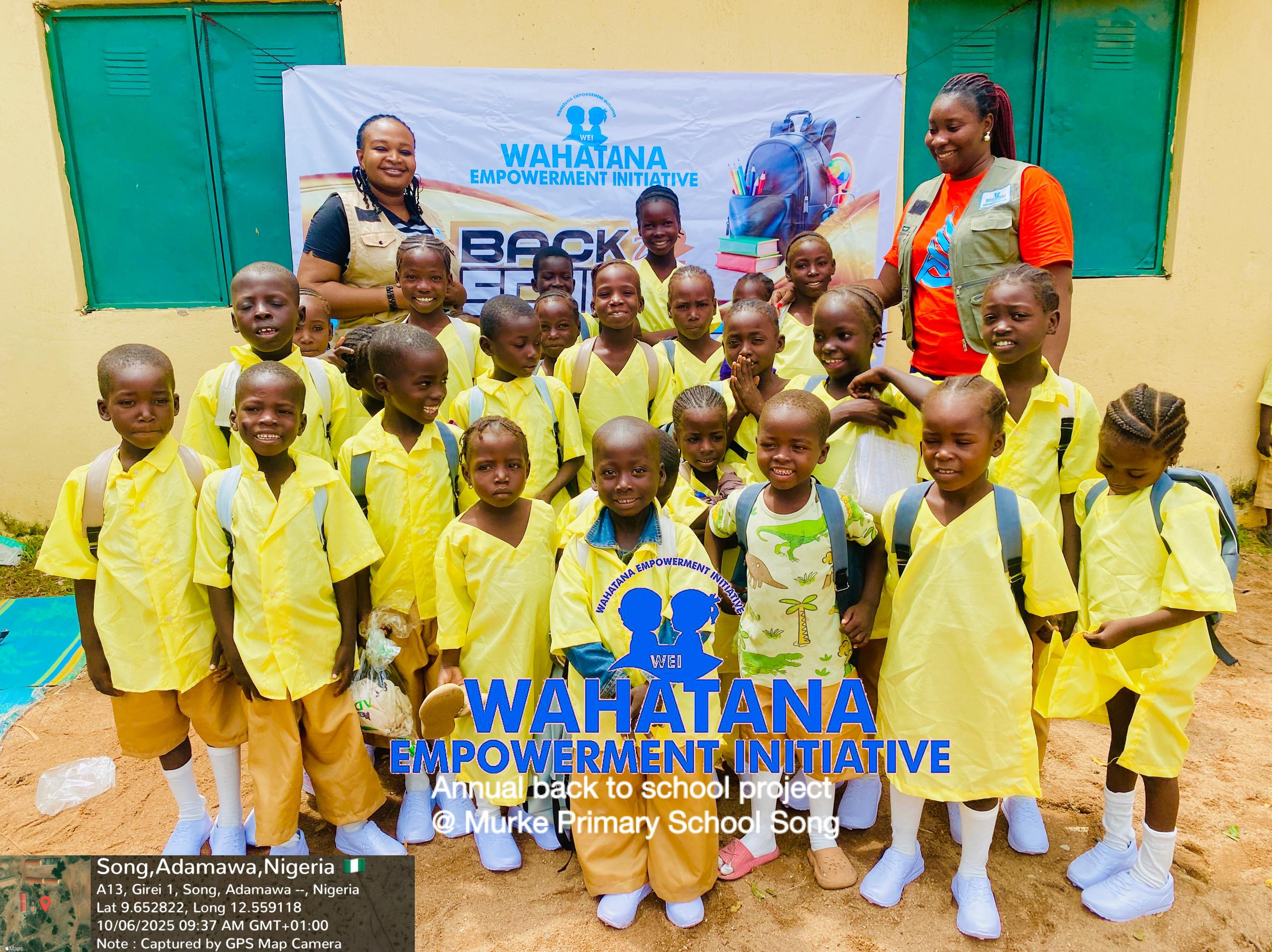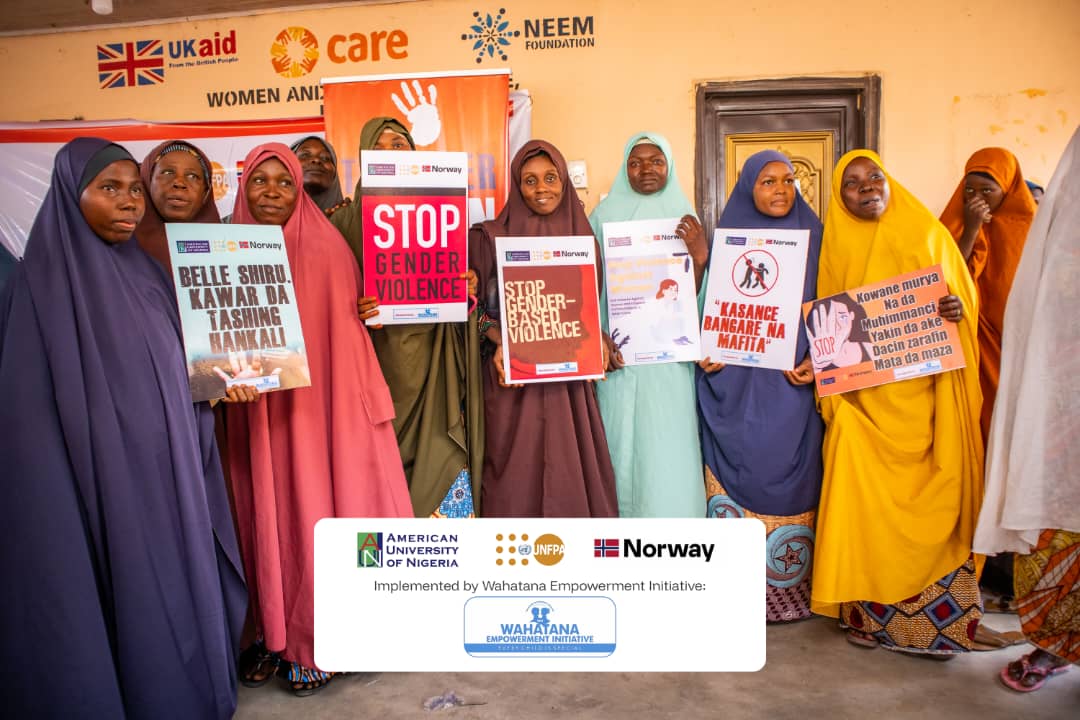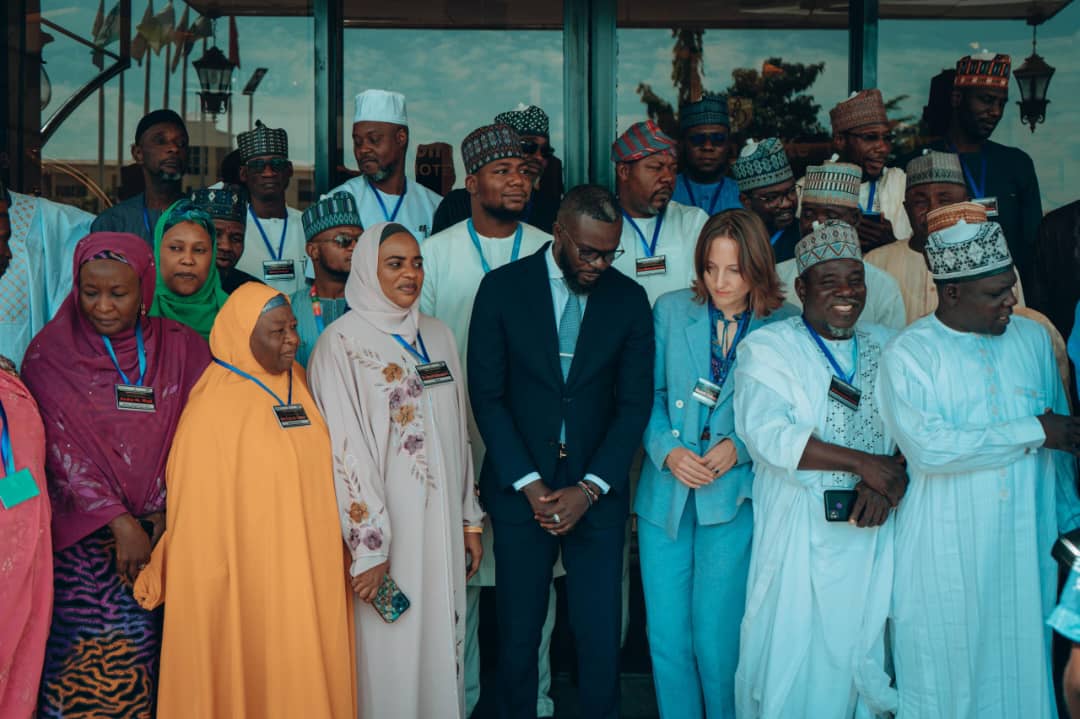- Restoring Land. Rebuilding Lives. Protecting the Future.
In northeastern Nigeria, climate change is not a distant threat — it’s a daily reality. Rising temperatures, desertification, deforestation, and erratic rainfall have devastated farmlands and water sources, deepening poverty and displacing entire communities.
At Wahatana Empowerment Initiative (WEI), we believe that protecting people means protecting the planet they depend on. Our environmental sustainability programs are helping communities adapt to climate change, restore degraded lands, and build greener, more resilient futures.
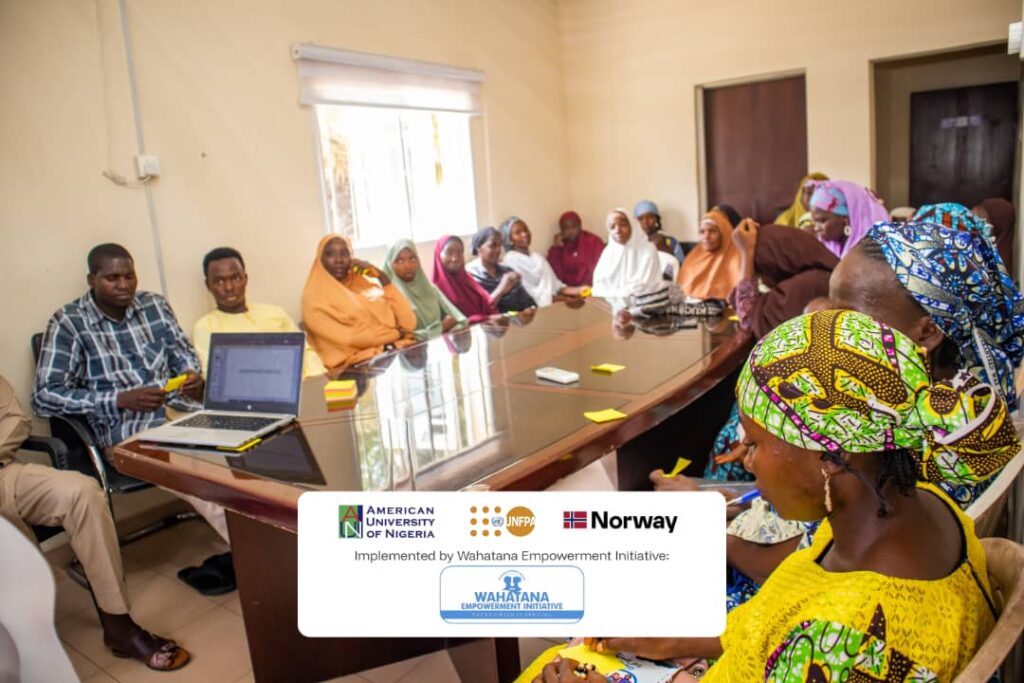
The Environmental Crisis in the region
🌾 65% of land in northeastern Nigeria is at risk of severe desertification.
🌳 Deforestation is rampant, due to fuelwood harvesting and lack of sustainable land-use practices.
☀️ Farmers struggle with soil degradation, unpredictable seasons, and food insecurity.
👩🌾 Women and youth are disproportionately affected, with limited resources and opportunities to adapt.
These environmental challenges deepen existing vulnerabilities — but with the right interventions, they also offer a pathway to empowerment.
Our Response: Greening Lives, Growing Futures
WEI is tackling environmental degradation through large-scale reforestation, climate-smart agriculture, and green job creation. We work hand-in-hand with communities to revive ecosystems, strengthen livelihoods, and promote sustainable practices that protect both people and the planet.
What We’re Doing
🌳 Greening Yola: Reforestation & Tree Planting
Through our flagship project, Greening Yola, we are planting tens of thousands of trees in semi-arid and deforested areas, helping combat desertification, restore biodiversity, and stabilize the soil.
✅ 50,000+ trees planted so far
🌍 Target: 100,000 hectares reforested by 2025
🌱 ACReSAL: Agro-Climatic Resilience in Semi-Arid Landscapes
As part of the ACReSAL initiative, we work with farmers and rural communities to promote climate-smart agricultural practices — techniques that improve crop yields, conserve water, and reduce emissions.
👨🌾 3,000+ farmers trained in climate-smart techniques
🌾 2,000+ women and youth engaged in land rehabilitation and green enterprises
🔄 Green Jobs for Youth & Women
We create opportunities in reforestation, waste recycling, and sustainable agriculture, ensuring that young people and women are at the heart of the green economy. These jobs are not only good for the planet — they’re transformative for families.
💧 Water Conservation & Land Management
Our projects include soil restoration, water harvesting, and responsible land use — helping communities prepare for droughts, protect crops, and manage natural resources wisely.
Our Approach
🌿 Community-led – We engage locals from day one, building ownership and lasting stewardship.
📈 Impact-driven – We measure results by both environmental gains and improved livelihoods.
💡 Sustainable & Scalable – We use locally available resources and scalable practices that can be replicated in other regions.
👥 Inclusive – We prioritize women and youth, ensuring equitable access to climate solutions.
What We’ve Achieved
🌳 50,000+ trees planted
👩🌾 3,000+ farmers trained in sustainable agriculture
👩🏾 2,000+ women and youth engaged in green jobs
🌍 Major progress in restoring degraded lands and building climate resilience in Adamawa State
